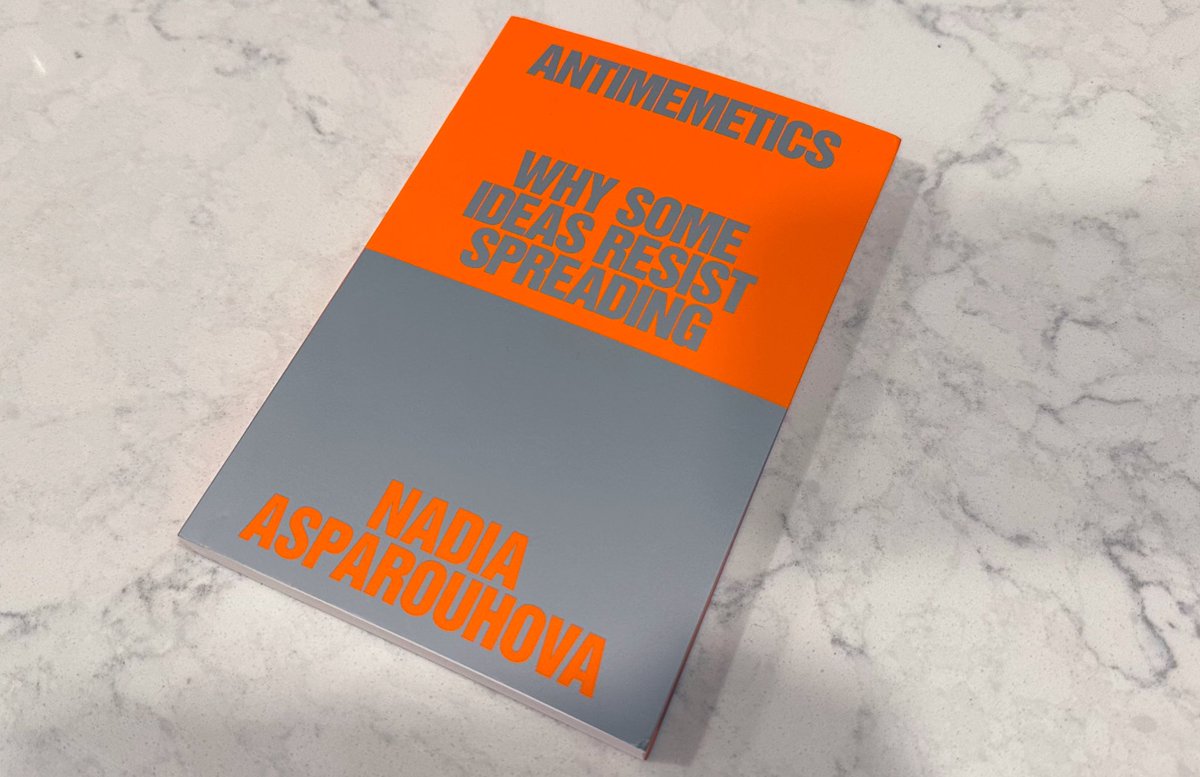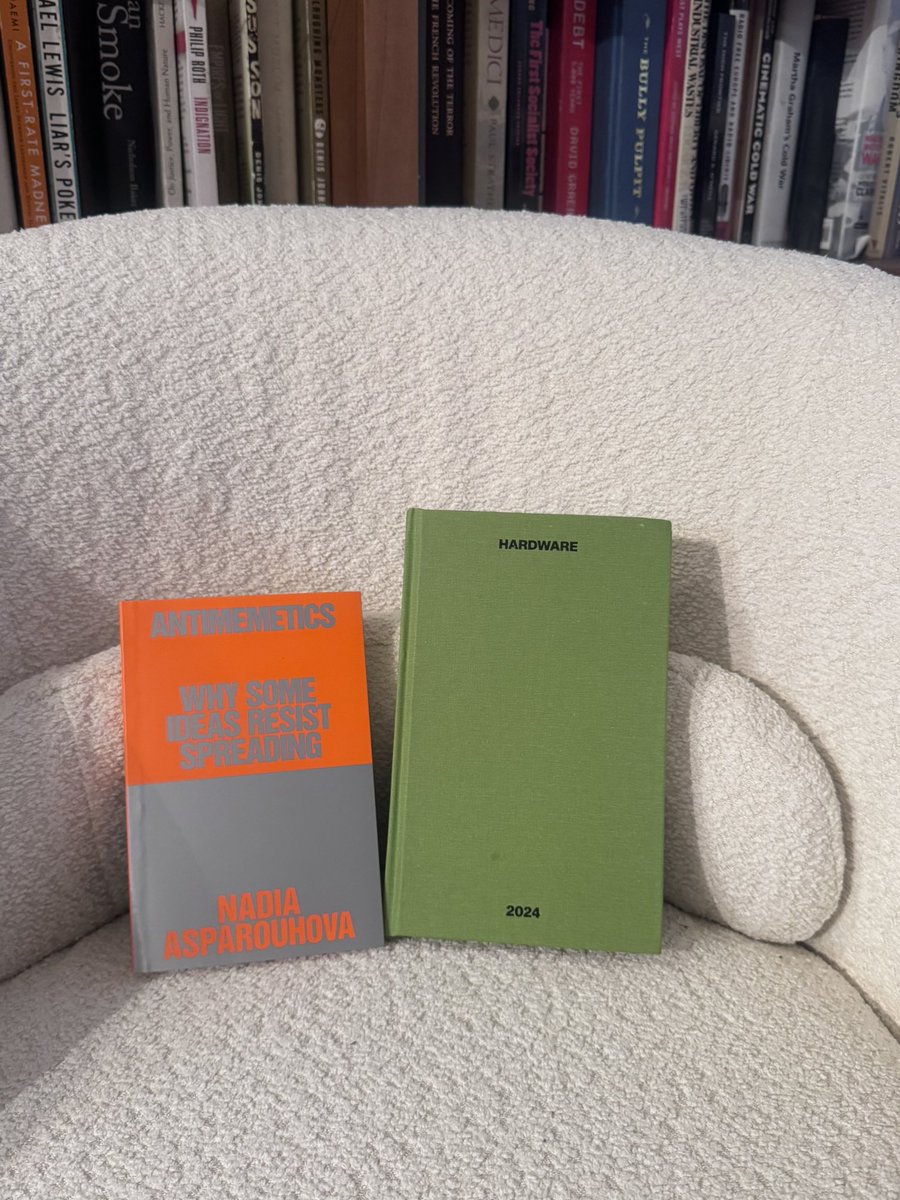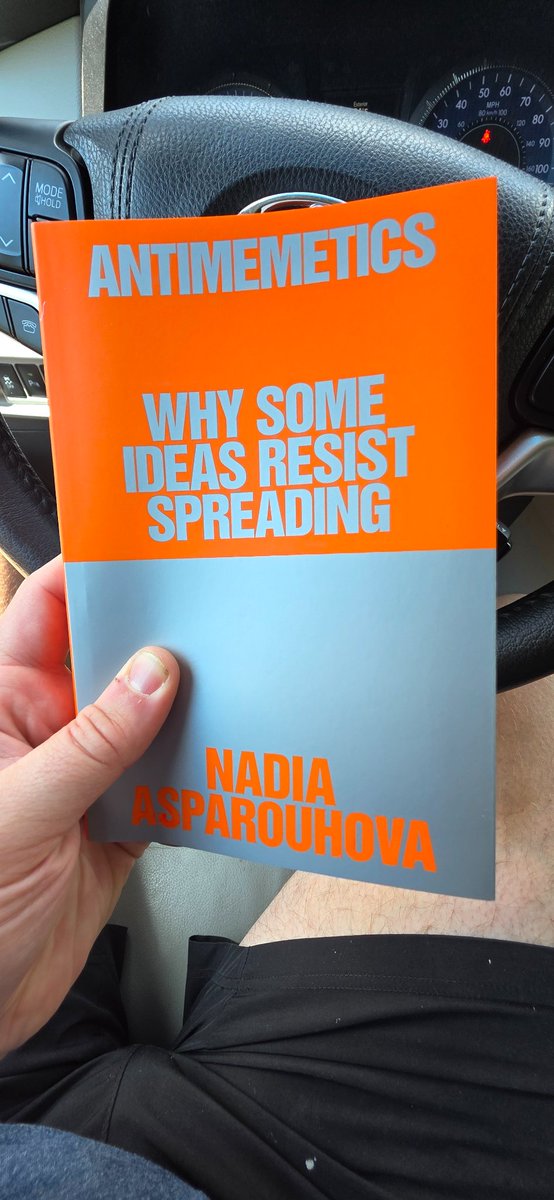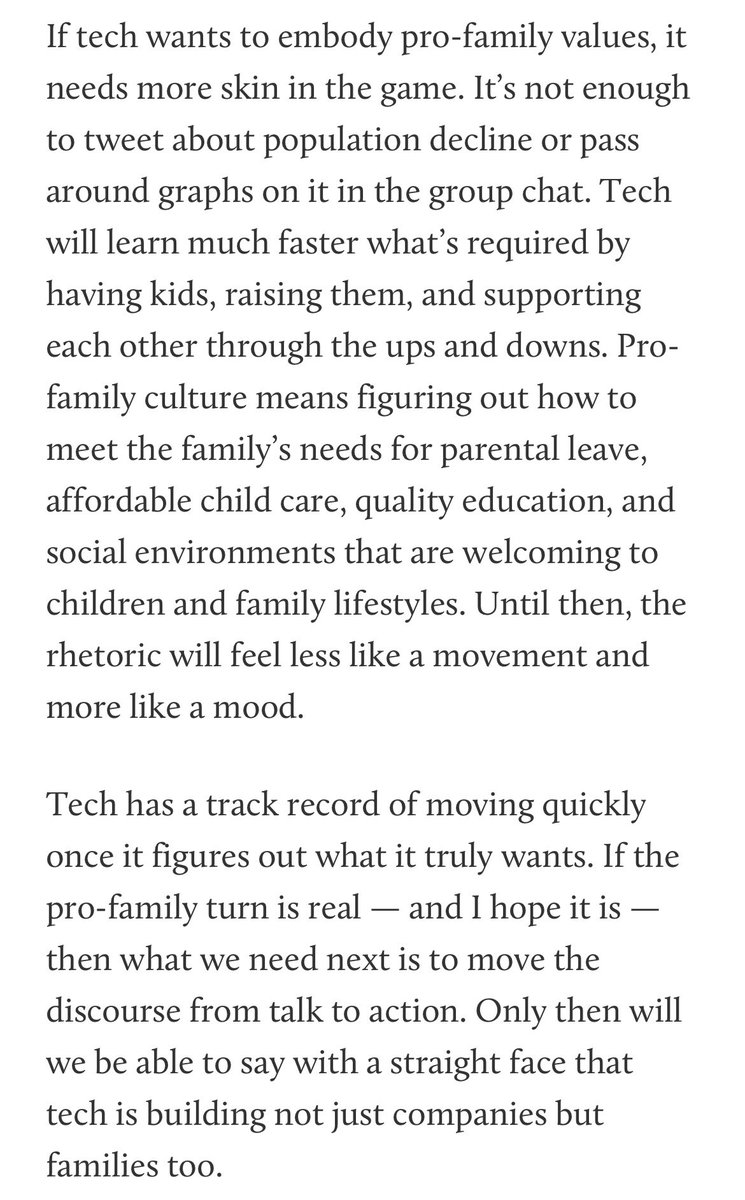
Nadia Asparouhova
@nayafia
cloudcat // new book about ideas that don’t spread: darkforest.metalabel.com/antimemetics
ID: 326511843
https://nadia.xyz 30-06-2011 01:27:22
5,5K Tweet
27,27K Followers
361 Following

I spent 18 months researching Founders Fund. "No Rivals" is the result. A 35,000-word series, released over the next four weeks. It’s a product of extensive research, interviews with more than a dozen key figures, and a detailed analysis of previously undisclosed returns.


religion and politics may be two big areas to find many such anti-memes from today's Infinite Loops 🎙 episode with Nadia Asparouhova and Jim O'Shaughnessy
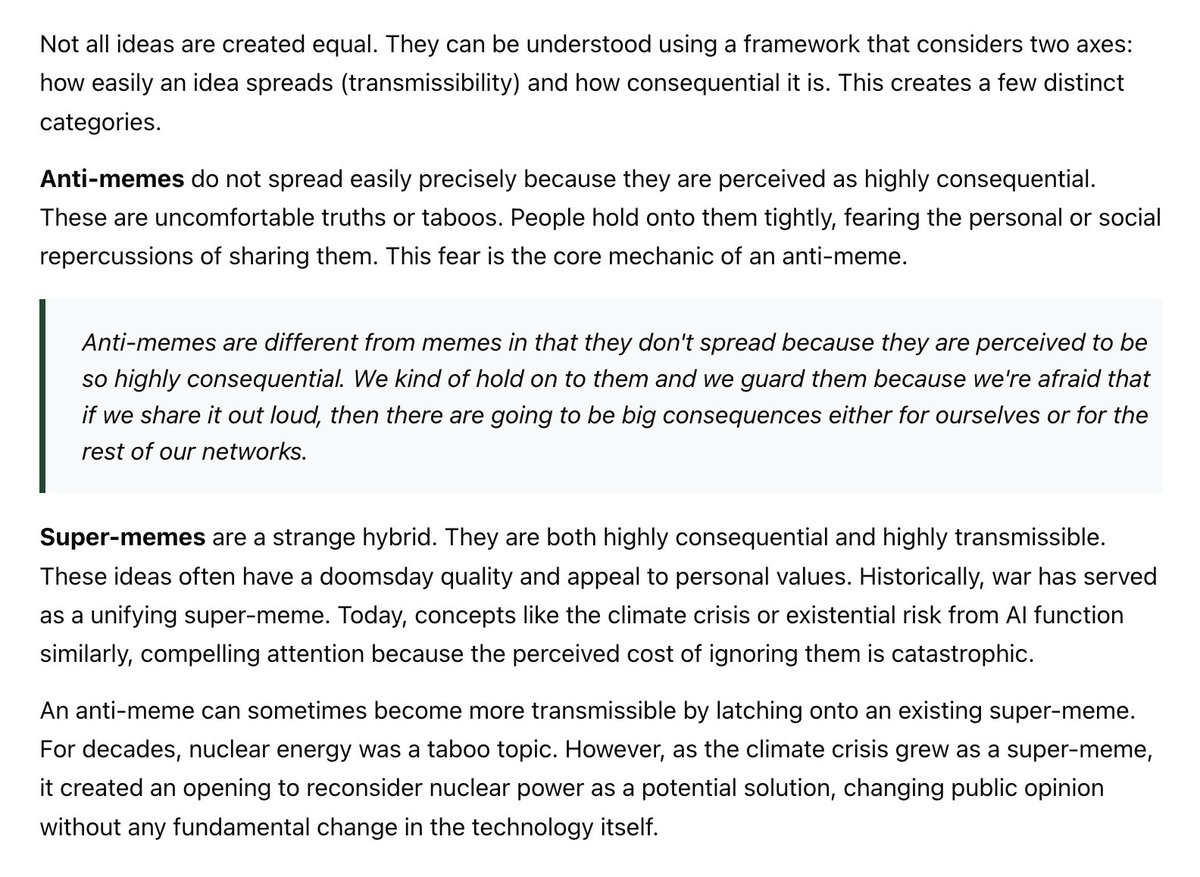

LETS GOOOOOOO So excited for this Nadia Asparouhova 🫡 Well done Metalabel & Yancey Strickler
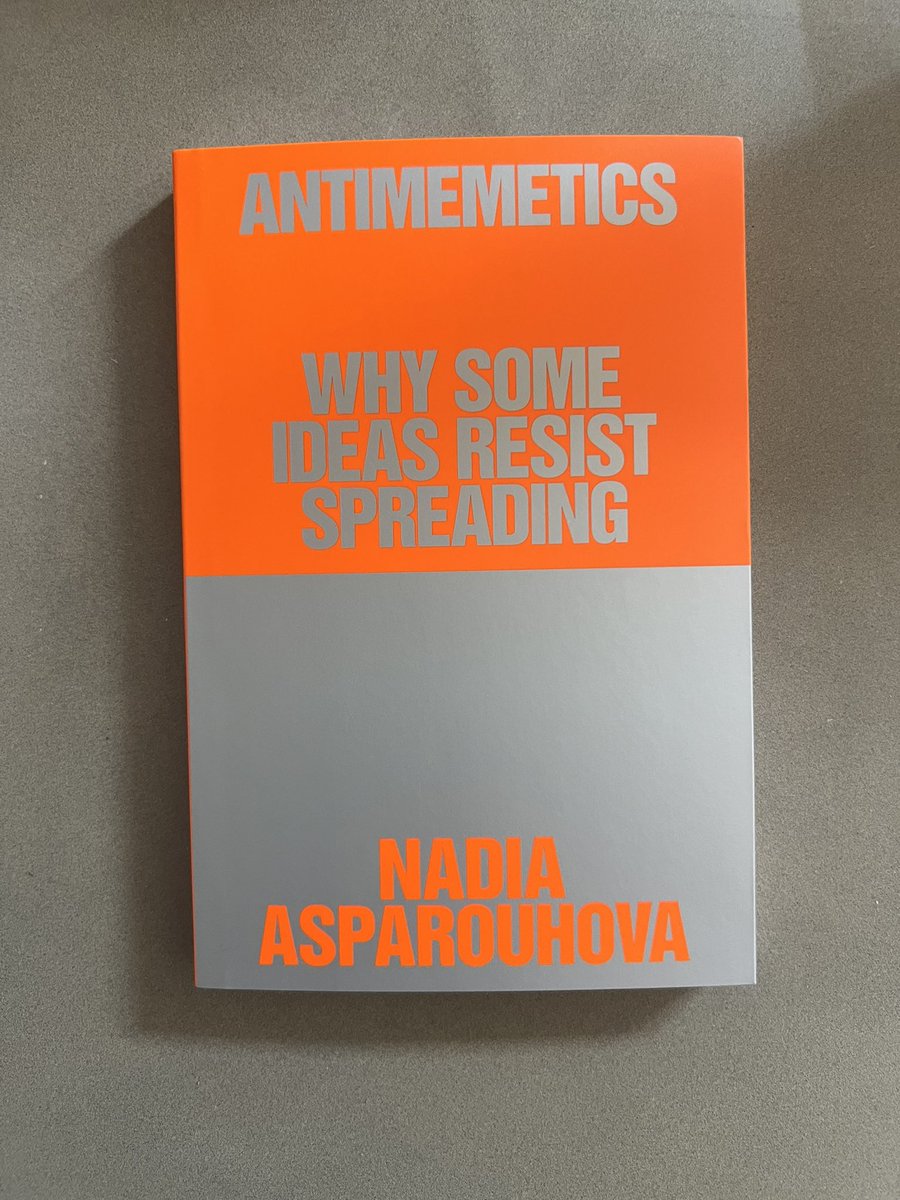


Kevin Kwok Dan Romero It’s antimemtic girl summer, Nadia Asparouhova told me so


the best way to fight the constant pull of twitter is to always have a book you’re hooked on antimemetics by Nadia Asparouhova is my current one
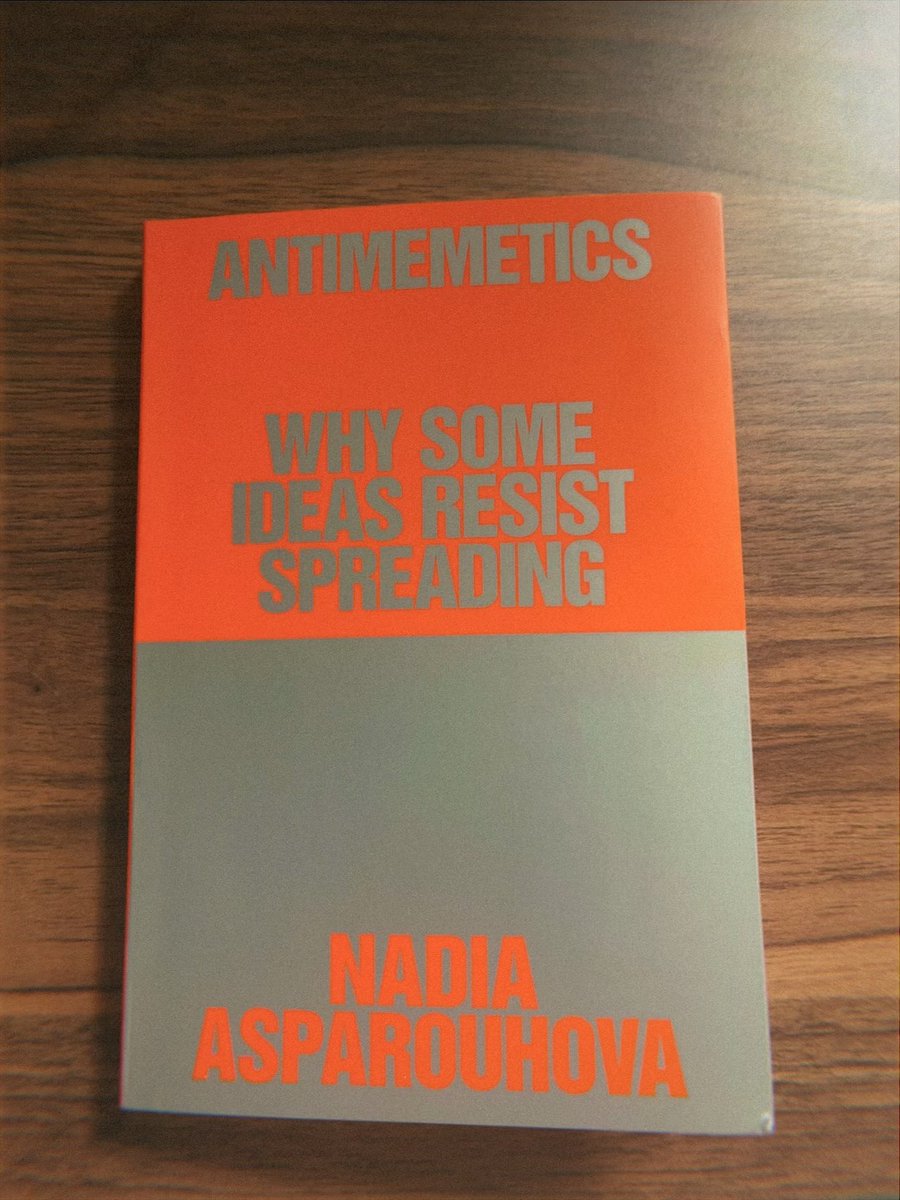

Pretty excited to finally get my hands on Nadia Asparouhova’s new book. Beautifully designed. Can’t wait to read.
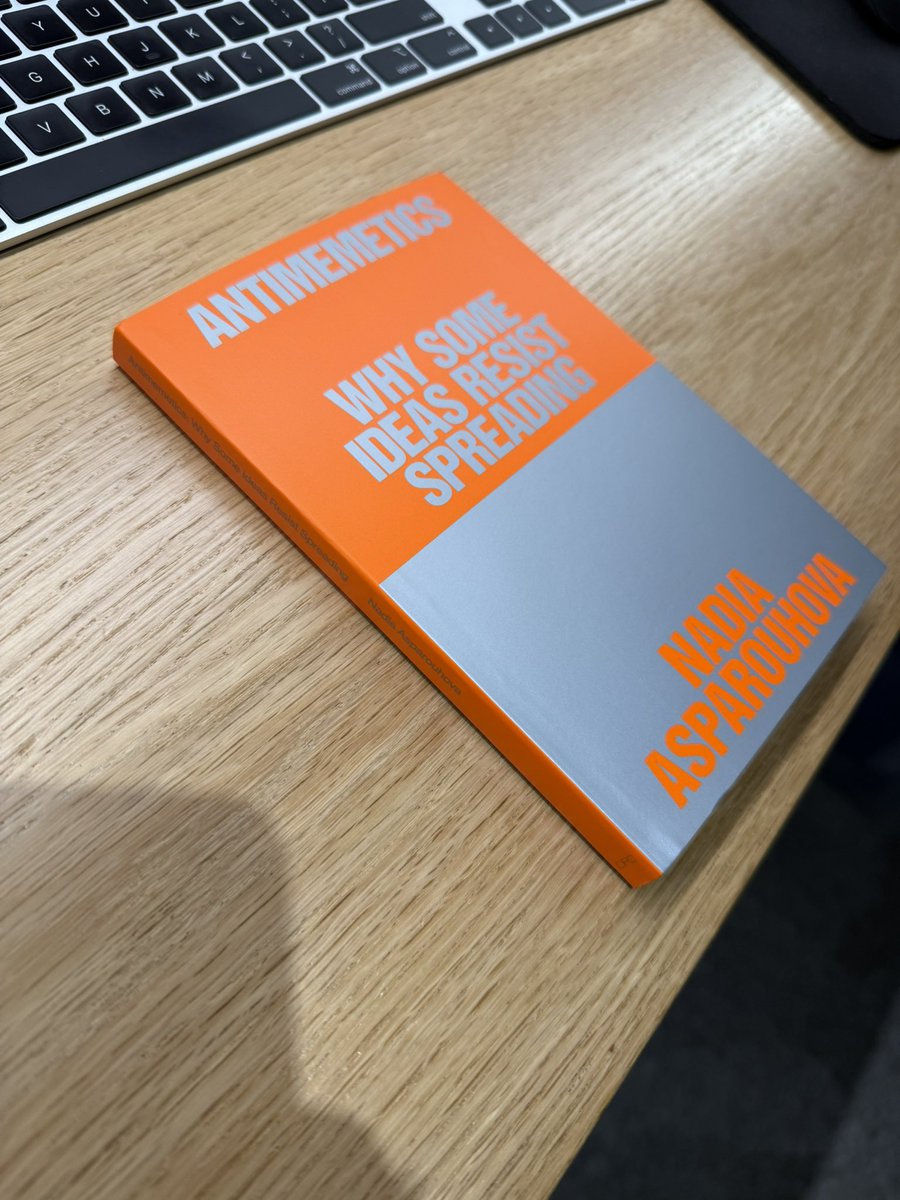

Something I'm worried about with AI is that it is the final boss of what Andy Matuschak calls "displacement behaviors, ways of not sitting with the problem." I see it in my own writing process. If I'm stuck, I'll just go over to ChatGPT or Claude and ask about something instead
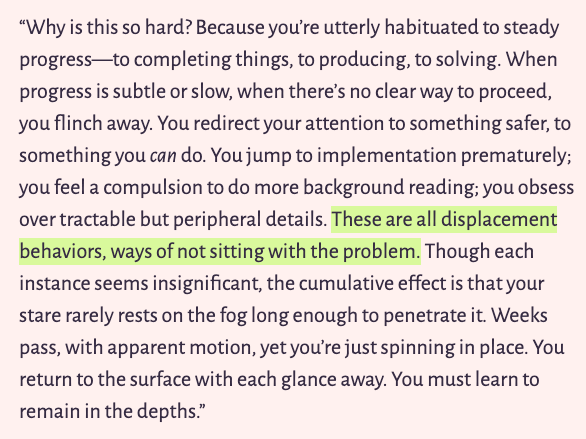

I talked to Nadia Asparouhova about why ideas matter, how they infect us, and why attention is upstream of action. Nadia Asparouhova's new book Antimemetics is, to name a few things: - part-modern history and sociology of the public/private internet - part-framework for understanding




halfway thru & love this book, brilliant work Nadia Asparouhova have been reading w one specific curiosity in mind - why is the joy of parenthood so antimemetic, especially in SF / tech circles? this concept has fascinated me ever since I became a mom. how could this thing that made my
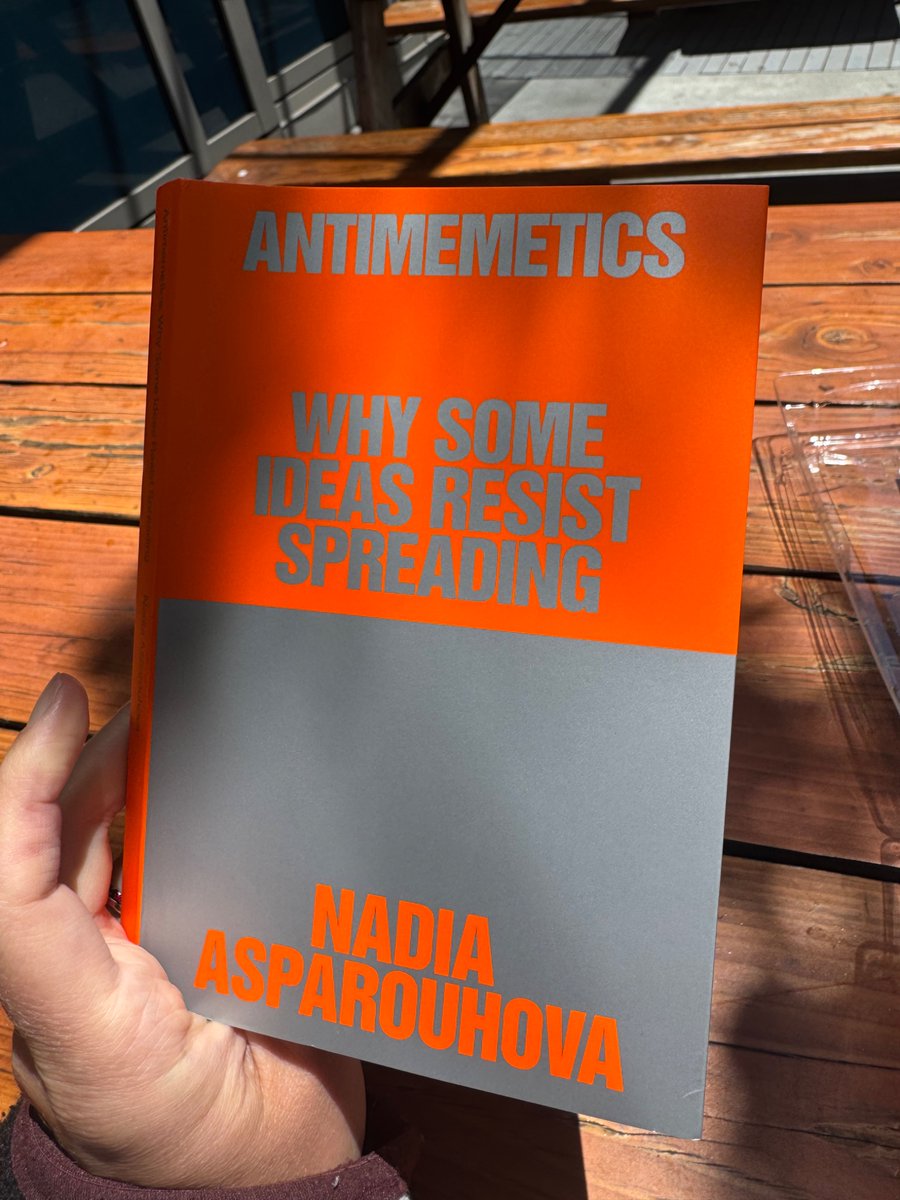


Until I read Nadia Asparouhova's Antimemetics, I didn't realize how well some topics hog my attention. Such topics are "supermemes" and they have a surprising ability to suck us in for prolonged periods. Think: war, wokeness, climate change, AI risk, birth rates, etc.




.Nadia Asparouhova's Antimemetics asks a deceptively simple question: why do good ideas disappear? Her new book explores the post–Cold War promise of the open web, the rise of cancel culture, and why private group chats became popular. I wrote a short review:

